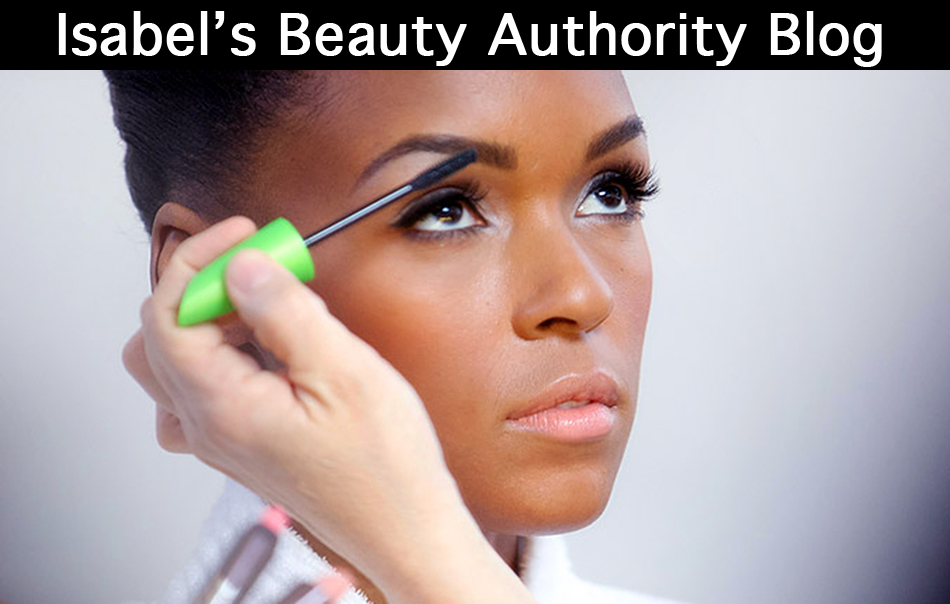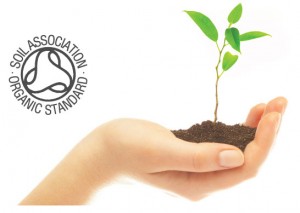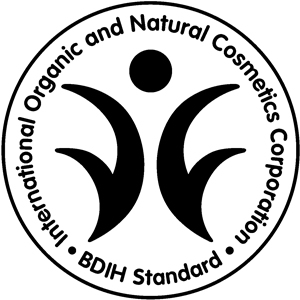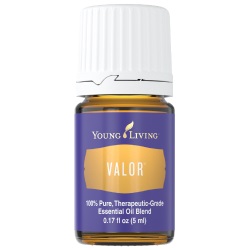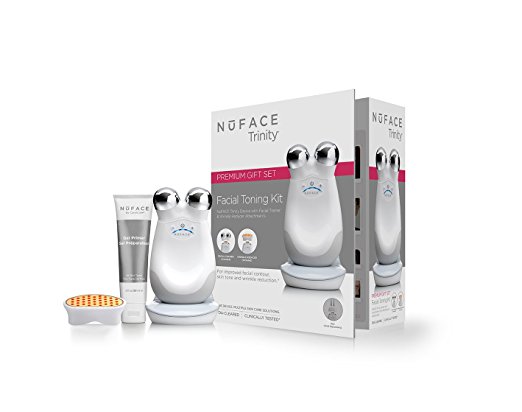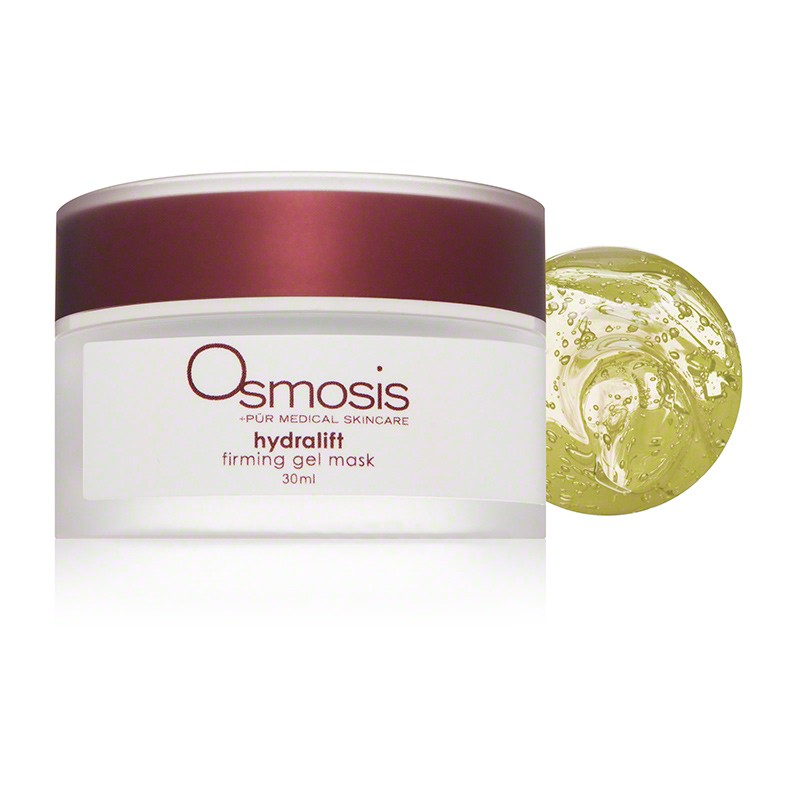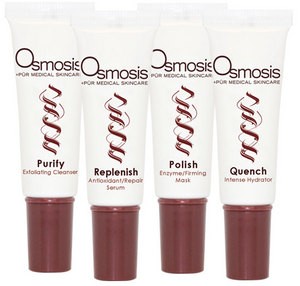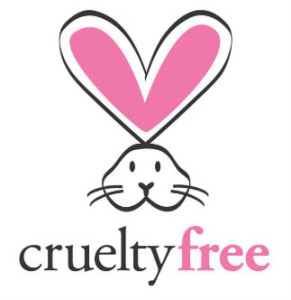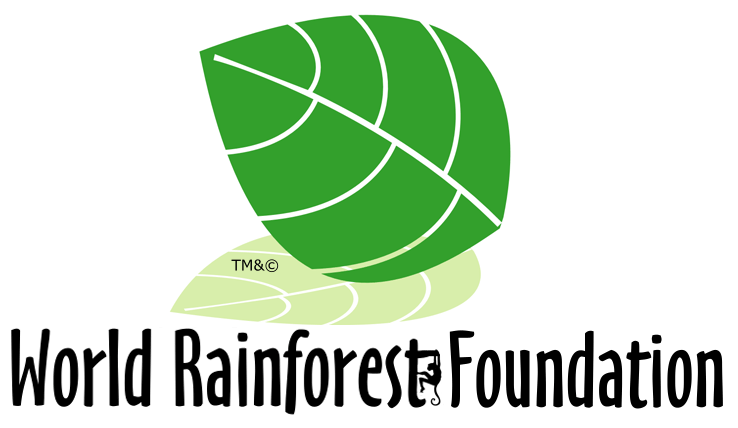Green Seals and Certifications
Look for the Soil Association symbol on organic cosmetics, organic skin care, organic hair products and organic soaps to ensure the product you buy is certified to a standard you trust.
Your skin is the largest organ of your body and what you put on it can be absorbed in tiny amounts. So it’s no surprise that a growing number of beauty products are now being produced with organic ingredients. Unfortunately, unlike organic food, there are no legal standards for organic beauty products. So as a result, some companies choose to label a product as ‘organic’ even if it only contains 1% organic ingredients or if it contains potentially hazardous substances.
This is why we, alongside four other European certification bodies, have developed the Cosmetics Organic Standard, or Cosmos-standard, to harmonise organic standards globally. The first products certified to these new standards hit the shelves in Spring 2011. To get Cosmos organic certification, 95% of a product’s agro-ingredients and 20% of the entire product must be organic. If an ingredient is available organically, it must be used. The remaining ingredients must meet strict criteria to ensure that they are not damaging to our health or the environment. Products must also meet environmental standards for packaging and manufacturing, and use approved ‘green chemistry’ processes when modifying ingredients.
If a product uses between 70-95% organic agro-ingredients then we will certify it, though we will not allow it claim to be organic. In this case it can state that it is made with ‘xx% organic ingredients’. However, we will not certify any product with less than 70% organic ingredients at all.
Find out more about this in our guide to organic beauty product labelling.
If you see either the Soil Association or the Cosmos symbol on a cosmetic product it means that:
- The producer has had its manufacturing facility inspected annually by the Soil Association or another certifying body. This includes an audit of the organic ingredients used and a demonstration of ecologically sound production methods
- All product formulae and labels have been approved
- It will be clearly labelled so that you can make an informed choice about the product you are buying
- Any non-organic ingredients are being used because no organic equivalents were available.
- All ingredients are GM free – non-organic ingredients can only be used if their suppliers has submitted a declaration that it is non-GM
- It has used minimal non-organic additives and only those from a restricted list. These must be non-GM and can only be used if the organic version of that ingredient is not yet available.
- Any processed ingredients, are processed by ecologically sound means.
The comprehensive Cosmos standards mean there can be a large difference between a beauty product that has been certified and one that is merely described as ‘organic’ on the label. To ensure a product is guaranteed organic, look for the Cosmos or the Soil Association symbol on the product before you buy.
Natural cosmetics serve to beautify and care for the human body by means of ingredients from nature. This is made possible with natural raw materials, friendly to both the skin and the environment.
Natural cosmetics should stimulate and support our natural skin functions, rather than supplanting physiological processes. These products offer gentle, wholesome care and are thus an important aid to the health of the skin at any age. Natural cosmetics revitalize and harmonize body, soul and spirit.
The makers of the products marked with the BDIH “Certified Natural Cosmetics” seal use natural raw material such as plant oils, fats and waxes, herbal extracts and essential oils and aromatic materials from controlled biological cultivation or controlled biological wild collection. In addition to the careful selection of raw materials, the ecological impact of each product plays an important role.
| Welcome to the National Organic Program |
 |

What is organic?
Organic is a labeling term that indicates that the food or other agricultural product has been produced through approved methods that integrate cultural, biological, and mechanical practices that foster cycling of resources, promote ecological balance, and conserve biodiversity. Synthetic fertilizers, sewage sludge, irradiation, and genetic engineering may not be used. Consumer Information.
Our Mission
Ensuring the integrity of USDA organic products in the U.S. and throughout the world. About Us | USDA Organic Seal
Organic Standards
Regulations and guidance on certification, production, handling, and labeling of USDA organic products. Learn more.
National Organic Standards Board
Members of the organic community appointed to advise USDA on National List materials and regulatory topics. Learn more.
Organic Certification & Accreditation
Third-party agents around the world certify operations to USDA organic standards. Learn more.
Info for: Organic Operations | Certifying Agents
Compliance & Enforcement
Protecting integrity of USDA organic products through enforcement actions for non-compliance. Learn more.
|
